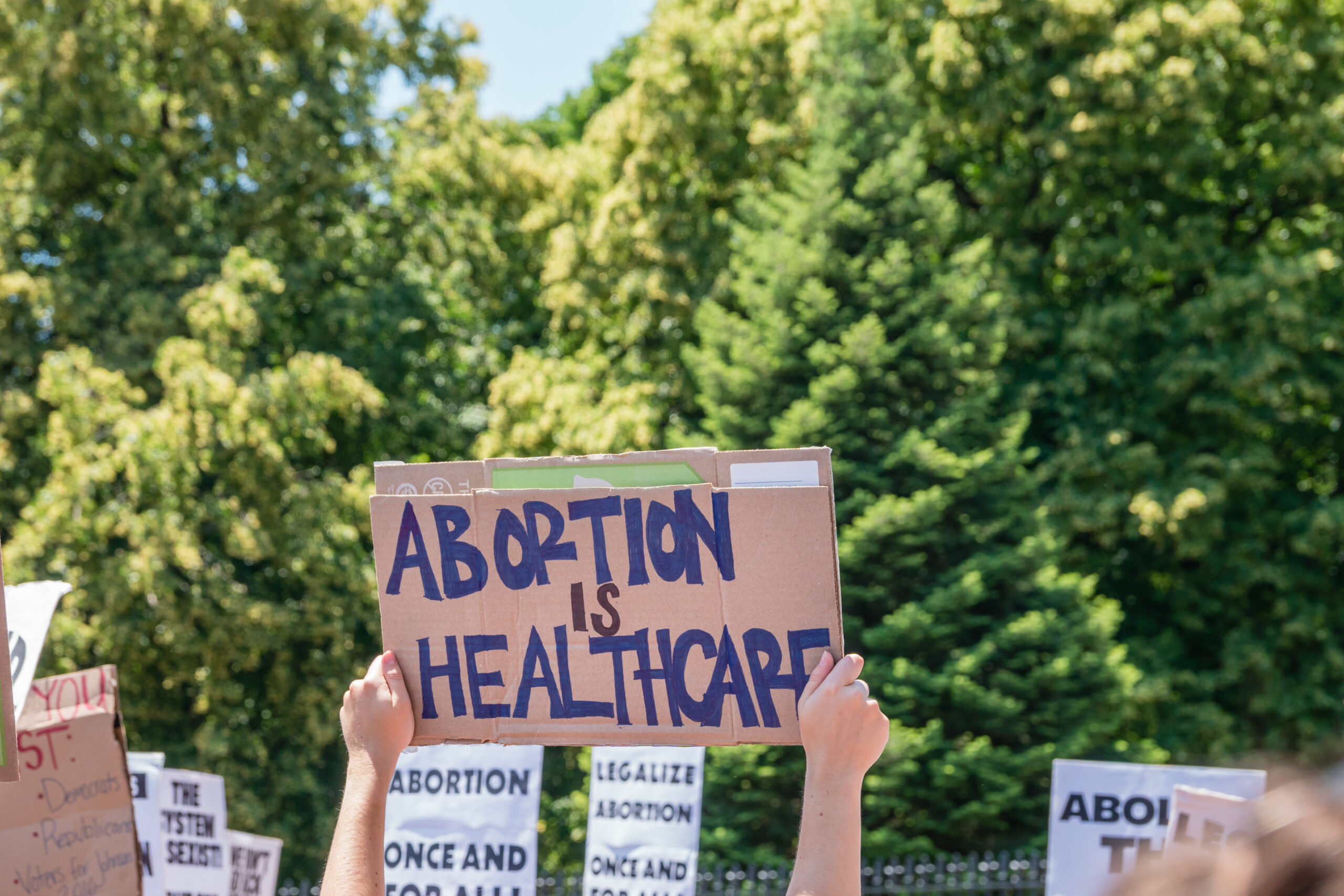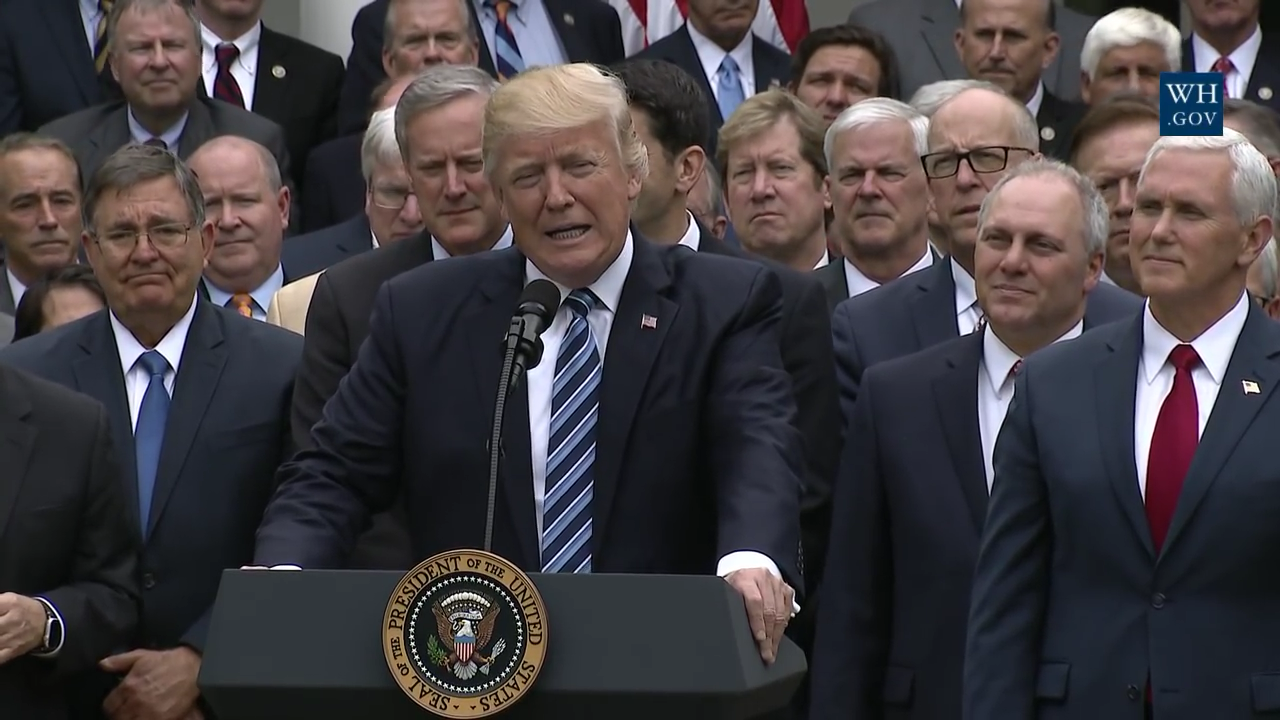Abortion rights, women of color, and LGBTQIA+ people are under attack. Pledge to join us in fighting for gender justice.
Forging Democracy: Missouri’s Fight for Reproductive Freedom and Workers’ Rights

Last month, a new Planned Parenthood clinic opened in Pittsburg, Kansas, just five miles from the Missouri border. This location was intentional—since June 2022, following the U.S. Supreme Court’s decision in Dobbs v. Jackson Women’s Health Organization, Missouri has effectively banned all abortions except to save the life of the pregnant person. To access abortion care in a clinic, Missourians have been forced to travel to another state and pay for the costs of not only their health care but also transportation, lodging, child care, and more.
Abortion bans hit low-paid workers the hardest, and the states that have the most abortion restrictions are the worst at supporting women, children, and families. In Missouri, women make up less than half (48%) of the overall workforce, but they represent 64% of the workforce in the lowest paying jobs. Missourians are also not guaranteed paid sick leave, forcing workers to make the impossible choice between caring for themselves or their loved ones and maintaining their economic security.
These issues are not new to Missourians. For years, the state has been a battleground for grassroots movements fighting for justice and equality. In 2017, the state legislature passed a “right-to-work” law, an anti-labor policy that limits unions’ resources and weakens workers’ voices, and preempted a St. Louis law increasing the municipal minimum wage to $10 an hour. The following year, Missourians blocked the right-to-work law and increased the state’s minimum wage to $12 through the ballot measure process. Earlier this year, a group of state lawmakers sought, but failed, to make it harder to pass ballot measures by requiring constitutional amendments to pass in five out of eight congressional districts, in addition to winning a statewide majority. Through it all, Missourians have fought back against anti-worker, anti-abortion, and anti-democratic attacks from corporations and politicians.
Missouri again finds itself at a critical juncture in the battle to uphold democracy against forces that seek to undermine both workers’ rights and reproductive rights. Organizers in the state have successfully gathered more than enough signatures to put two measures on the Missouri ballot this November—Amendment 3, the “Right to Reproductive Freedom Initiative,” that would end the state’s near total abortion ban, and Proposition A, an initiative to raise the minimum wage to $15 by 2026 and guarantee paid sick time for Missouri workers. Despite making it on the ballot, the organizers behind these initiatives are still facing anti-democratic attacks. In fact, organizers behind the initiative successfully challenged the Missouri Secretary of State’s description of the ballot measure to ensure its fairness and accuracy. And just this week, the Missouri Supreme Court ruled against a last-minute attempt by a group of anti-abortion lawmakers and activists to have Amendment 3 thrown out.
Missourians in the labor and repro movements are also building cross-movement solidarity beyond ballot measure organizing. Two organizations that are leading in this work are Abortion Action Missouri (AAM) and Missouri Jobs with Justice (MOJWJ). These organizations have played a pivotal role in reshaping the narrative around reproductive rights within labor circles. Together, they advocate for legislation that safeguards reproductive rights, advances economic equity, and protects workers’ rights to fair wages and safe working conditions.
The collaboration between AAM and MOJWJ exemplifies the power of grassroots organizing in achieving significant policy changes, particularly on issues that disproportionately affect women and people of color. This work not only mobilizes communities for policy wins, but also educates the public on the intersections of economic justice and reproductive rights.
Looking ahead, Missouri’s commitment to democracy and justice remains steadfast. Continued support for collaborative initiatives and grassroots activism will be crucial in advancing policies that uphold reproductive justice, protect workers’ rights, and ensure equality for all Missourians.
Missouri is a beacon of resilience in the face of antidemocratic forces. By uniting labor and reproductive rights movements through policy advocacy and collective action, Missouri is paving the way toward a more just and equitable future for all its residents.





